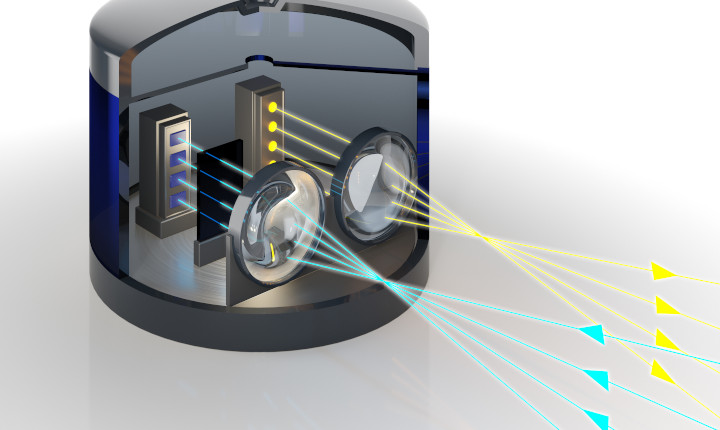TECH

An office in the clouds?
By 2014, it was predicted by some scholars and market analysts that most major US law firms would have migrated a considerable part of their systems and applications to elastic environments in the cloud. We do not know if this was the case, even though it turns out to be irrelevant because, in fact, regardless of the number, we will have to conclude, without hesitation, that lawyers have never been so connected to their clients as they are now. In the market proliferate tools that exploit proximity and enhance the availability and efficient accessibility of lawyers. Social networks have in many cases become virtual extensions of offices. Chat or instant messaging extends office hours and online collaboration tools, allowing documents to be edited by multiple lawyers simultaneously and in real time, with the possibility of instant verification / validation by customers.But in the paradigm of this recent evolution still reside the offices. Physical, delimited, watertight spaces, with furniture and more or less unobscured views and considerable amount of records and paper supports. The office, increasingly modern, functional and practical, still reflects, in many cases, a singular attachment to the traditional way of exercising the profession. And why will it be?
Technology companies have been struggling to find virtualization and dematerialization solutions that are interesting enough to persuade lawyers to adopt virtual (wholly or partly) virtual offices. Many solutions allow an office's files, systems, and applications to be permanently available and accessible, securely maintained and unoccupied, in a dedicated environment provided by the cloud computing service provider.From a mobile device, laptop or desktop, tablet or other device, the office is permanently accessible by the lawyer, without a considerable set of costs such as building and maintaining your IT infrastructure. The virtual space can be permanently accessible and offer availability levels above 99.99%, with a considerably lower cost and higher levels of security (namely through encryption and secure transmission of files). The possibility of disaster recovery and assurance of business continuity are now offered as service, in conditions of comfort and simplicity appealing ... Yet despite the apparent (undeniable!) Set of benefits, the levels of adherence of lawyers the solutions that imply the minimization of physical space and the enhancement of virtual space do not impress.
In our opinion, this can be justified by the difficulty that seems to exist in the compatibility between a certain idea of virtualization - which will always imply some loss of direct control of the lawyer on its contents and information - with the dimension of professional secrecy, which demands control .
The inescapable need imposed on the lawyer to guarantee professional secrecy at all times appears to us to be the ultimate barrier of advocacy in the adoption of such models. To think that a third party (provider) not covered by professional secrecy shares with us and has the keys to our "office" is something that - understandably - still bothers.
Carina Branco, Senior Tech & IT Counsel do Techlwayers by pbbr
Sapo

No comments:
Post a Comment